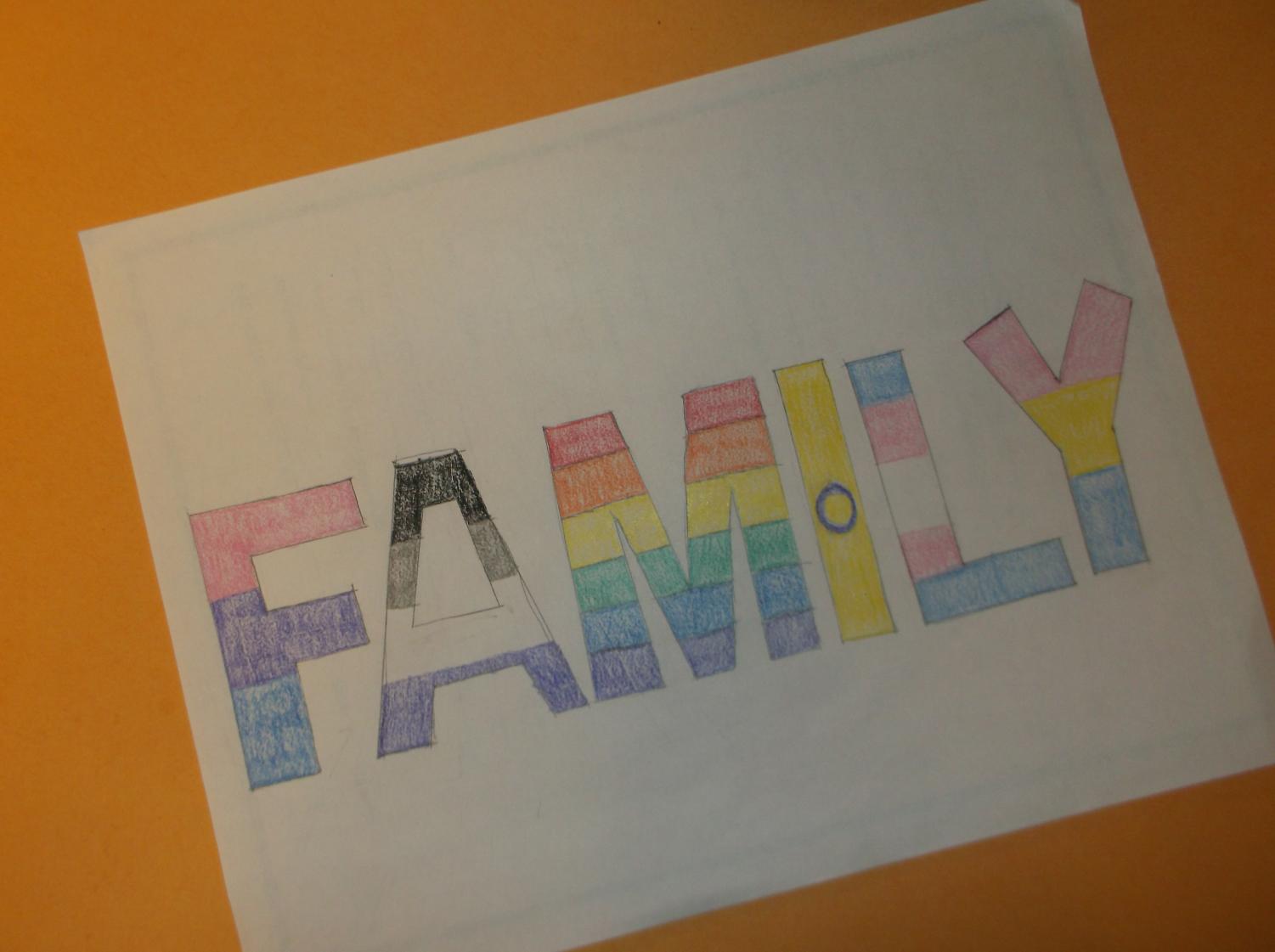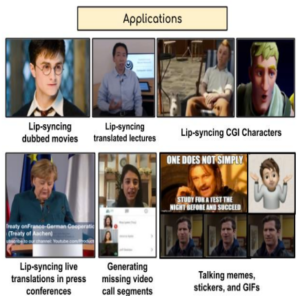LGBT adoption should be protected
November 12, 2018
By LAUREN HUEBNER
The Mirror reporter
Lesbian, Gay, Bisexual, and Transgender (LGBT) people face discrimination in almost everything they do. One place discrimination occurs is the adoption process.
According to the Bureau of Consular Affairs, only 4,714, of the over 100,000 children needing adoption were adopted in 2017. Do we want to limit the number of people who save these children?
Adoption is already a laborious process, but for LGBT people the process is even more complicated. They have to jump through hoops to find an agency that will let them adopt. Just like heterosexual couples if they are not married, only one parent will be the child’s legal guardian.
This causes problems if one parent dies. The living parent might not be able to keep the child. I find this unacceptable.
In May of 2017 Texas proposed a law allowing adoption services to prohibit LGBT people from adopting on the basis of religion. The proposal would be for federally funded facilities.
As of right now, the proposal is still under debate, but others states have passed similar laws. Laws such as these should not be allowed. They are homophobic and is limiting the options of where LGBT people can adopt from, thus limiting the number of children being adopted.
People who are LGBT are often told they won’t be able to provide the “traditional family.” However, what is a traditional family? In the Christian Bible, it is a man and his wife. What about people whose spouse dies, or get divorced. Are they not a family?
Why should someone else’s religion affect them? If they want to adopt why deny them? I feel kids who grow up with LGBT parents are stronger individuals who will be more accepting of others. Yes, they might face discrimination as children, but they can learn from it. As a member of the LGBT community, I have faced discrimination and hatred. However, I can’t let it bother me. I have to move forward with my life.
Children who might have two mothers or two fathers won’t be without love and affection. They won’t be missing out what a “traditional family” can provide. They still have two loving parents but of the same gender.




































































